
RF Laboratory Test in China
JJRLAB is an RF laboratory located in China, consisting of experienced wireless communication technology engineers. To respond to the future development trends of electronic products, it provides wireless communication product verification services for domestic and international electronics companies. As one of the few CNAS-accredited mobile phone testing laboratories, JJRLAB possesses comprehensive mobile phone testing equipment and has received authorization from the US FCC Laboratory and A2LA Laboratory, Industry Canada, US TCB TIMCO, Germany's EMCC DR RASEK, Germany's PHOENIX TESTLAB, and TUV SUD. Additionally, it has cooperative experience and relationships with Notify Bodies in Japan, Australia, Korea, and several EU countries, effectively assisting major electronics manufacturers in obtaining market certification for their products.

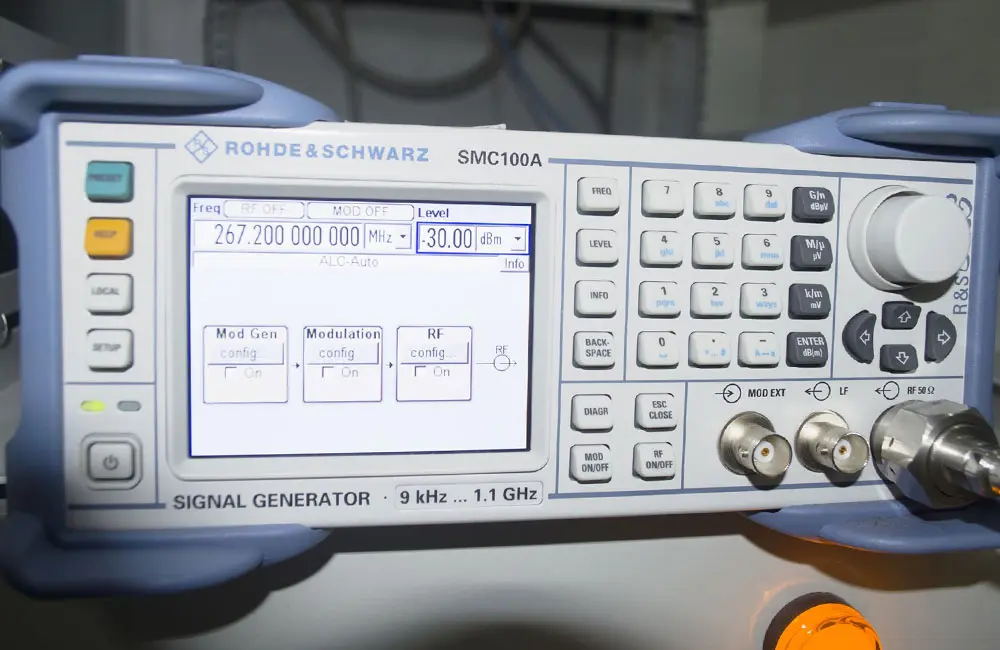
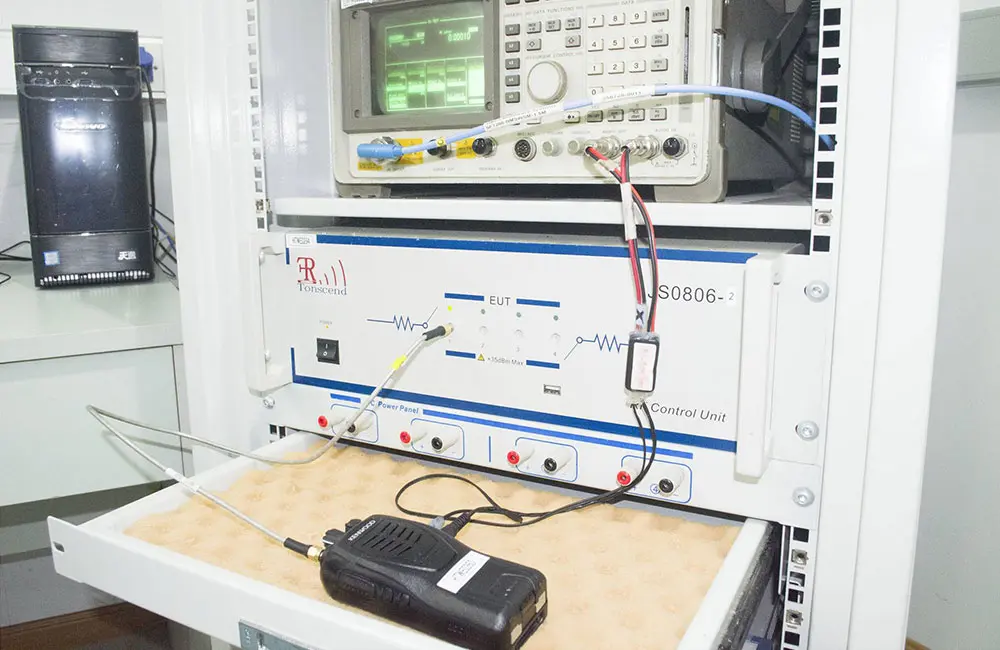
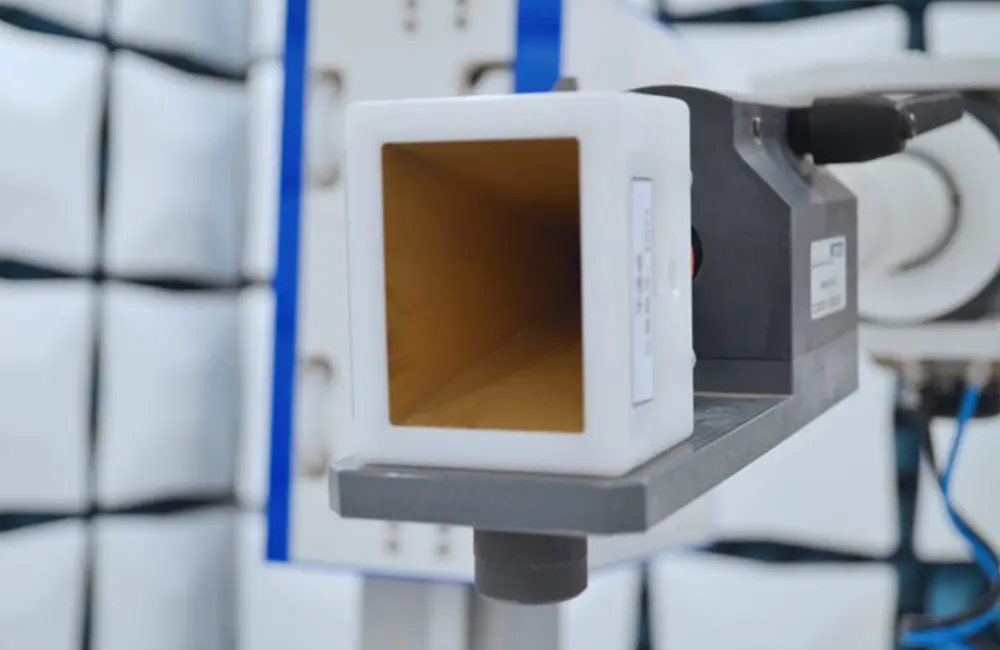
RF Testing Services
- Mobile phone RF testing
- WiMAX RF testing
- CTIA TRP/TIS testing
- MIMO testing
- DFS Master/Slave testing
- sar testing
Scope of Product Services
For wireless products, JJRLAB provides services for wireless transceivers, security devices, wireless intercoms, wireless microphones, remote controls, wireless network devices, video transmission systems, Bluetooth devices, wireless keyboards/mice, and other low-power wireless transceivers.
For wireless communication products, services are offered for 2G phones, 3G phones, 4G phones, U&V band professional civilian intercoms, and DECT phones (1.8G, 1.9G frequency bands).
For communication products, JJRLAB provides services for telephones, wired telephone main and extension units, fax machines, telephone answering machines, modems, data interface cards, and other communication products.
Wireless Communication Product RF Testing Standards
- EN 301 908-1&2 (WCDMA / HSDPA / HSUPA)
- EN 301 908-1&4 (CDMA 2000 / EVDO Rev A)
- EN 301 908-1&13 (LTE)
- fcc part 15C
- FCC Part 22H
- FCC Part 24E
- CTIA OTA (GSM / WCDMA / CDMA 2000 / EVDO Rev A)
- PLMN01, PLMN08, PLMN09 RTTE01 / LP0002
- EN 301 511 (GSM / GPRS / EDGE)
- EN 301 908-1&2 (WCDMA / HSDPA / HSUPA)
- EN 301 908-1&4 (CDMA 2000 / EVDO Rev A)
- EN 301406 (DECT Phone)
- EN 300086, EN300 296 (Land mobile radio)
- FCC Part 15C/Part 22H/Part 24E /Part 90/Part 95
- RSS 210, RSS 310
- CTIA OTA (GSM / WCDMA / CDMA 2000 / EVDO Rev A)
- EN300 220-1/-2/-3-1/-3-2/-4, EN300 330, EN300 440 (SRD product)
- EN300 328, EN 301 893 (2.4GHz & 5GHz, Bluetooth, WiFi), EN 303345
- EN300 422-1/-2/-3/-4, EN301 357 (Audio product)
- EN301 489-1/-3/-9/-17/-52 (EMC standard)
- AS NZS 4268 (Australia)
- ARIB STD-T33, ARIB STD-T66, ARIB STD-T67, ARIB STD-T71, ARIB STD-T91 (Japan)
Common RF Tests
- Frequency error
- Phase error
- Transient power
- Radiated carrier power
- Conducted carrier power
- Radiated spurious emissions (<1GHz)
- Radiated spurious emissions (>1GHz, <26.5GHz)
- Conducted spurious emissions
- Adjacent channel power
- Power spectral density
- Power flatness
- Intermodulation attenuation
- Modulation bandwidth
- Frequency response
- Duty cycle
- Adjacent channel selectivity
- Spurious signal suppression
- Intermodulation resistance
Email:hello@jjrlab.com
Write your message here and send it to us
 ASTM D4169 Drop Test
ASTM D4169 Drop Test
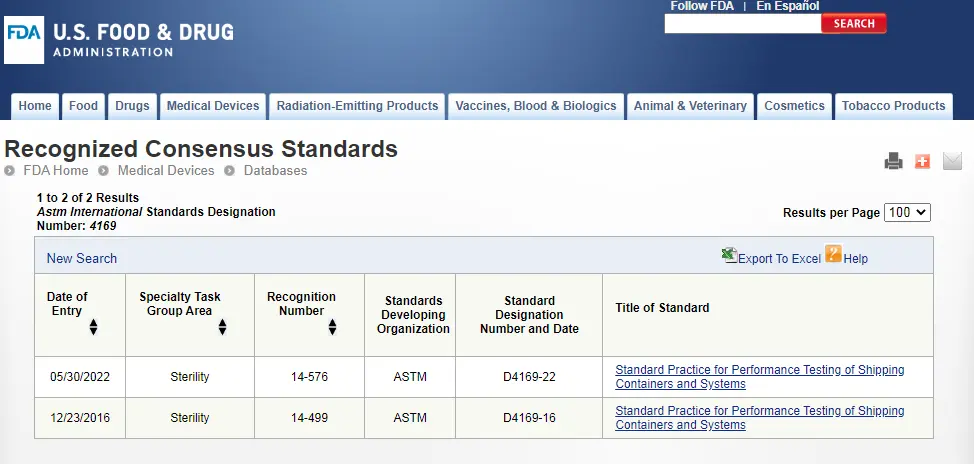 ASTM D4169 Packaging Simulation Transportation Tes
ASTM D4169 Packaging Simulation Transportation Tes
 What is ASTM D4169 Testing?
What is ASTM D4169 Testing?
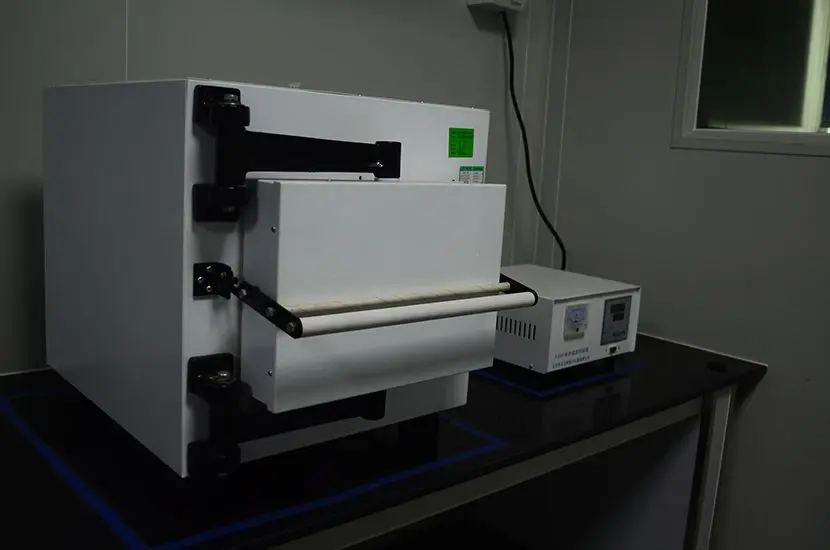 ASTM D4169-23 Test Standard Revision
ASTM D4169-23 Test Standard Revision
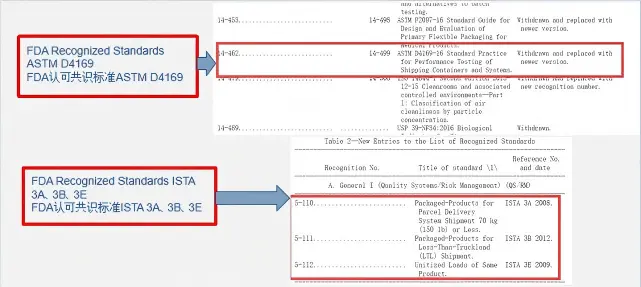 Transport Simulation Testing for Medical Device Pa
Transport Simulation Testing for Medical Device Pa
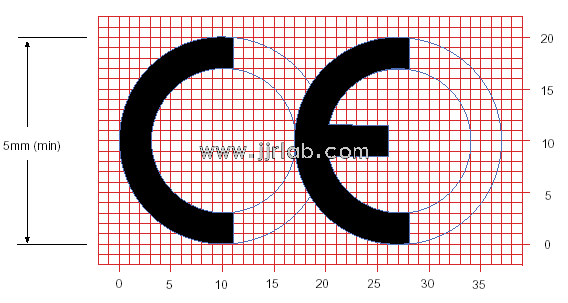 EU CE Certification Guidelines for Lighting Fixtur
EU CE Certification Guidelines for Lighting Fixtur
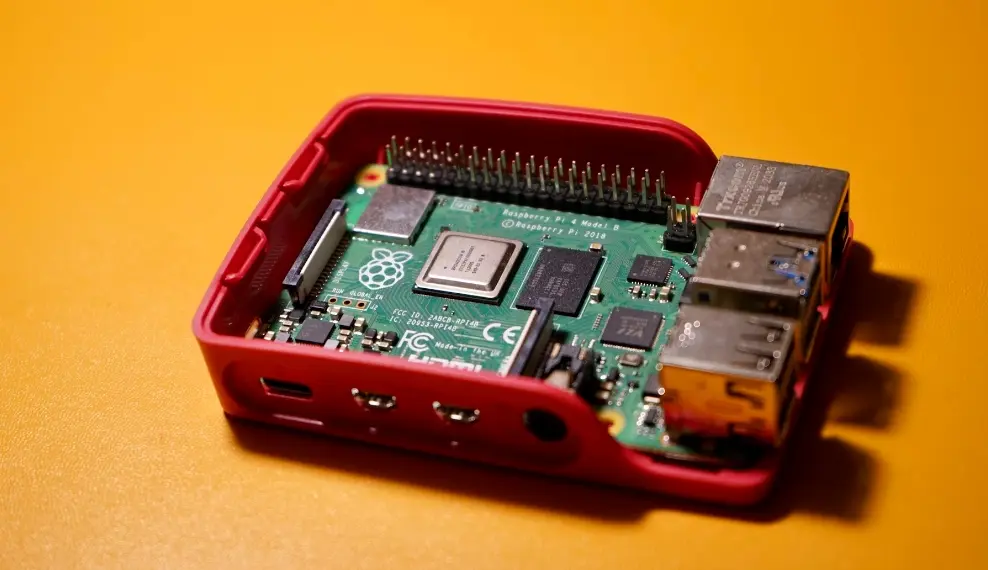 Lithium Battery Export: CB Certification & IEC
Lithium Battery Export: CB Certification & IEC
 How to Apply for One FCC Certificate for Multiple
How to Apply for One FCC Certificate for Multiple
Leave us a message
24-hour online customer service at any time to respond, so that you worry!




